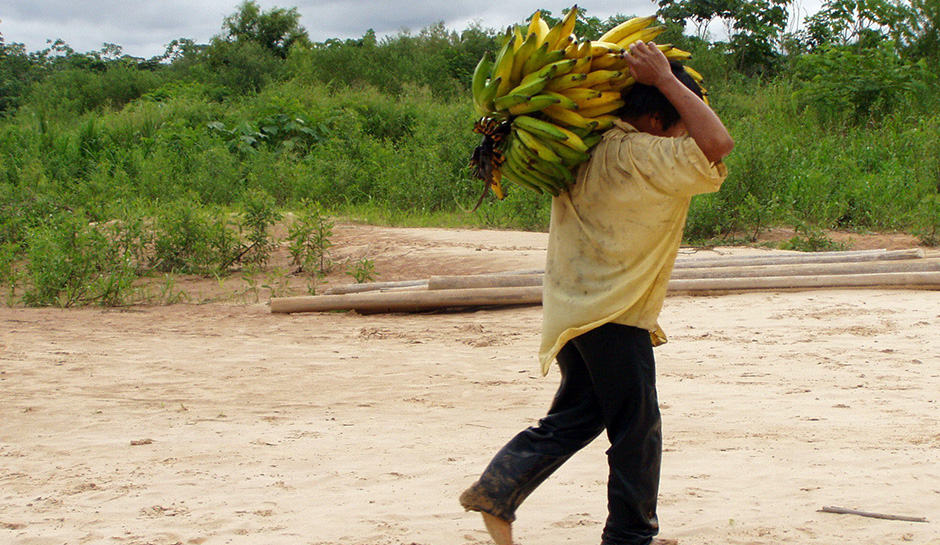
People living in Western societies, or those living with the luxury of technology, often find it unfathomable that groups of people survived before them without these same advancements. Although phones and computers are recent devices that many people know how to make-do without, people often question how others survived without modern medicine, procedures, food, and much more.
The problem with technology and a rapidly growing population is that while it aids us in everyday transactions, there are actually huge downfalls to becoming so advanced. One area in which this is evident is with people’s health. Though modern medicine boasts a plethora of prescription drugs to help with endless ailments and surgeries that can fix most issues, the alternative side to that is people in the past didn’t have nearly as many issues because their overall health wasn’t always as bad. Yes, their life expectancies were shorter because of disease and different ways of living, but they also didn’t have junk food or sugary drinks they had daily.
With this information in mind, it should come as no surprise that a new study found that the people with the healthiest hearts in the world are from an indigenous group in rural South America. The Tsimane people live in the Bolivian Amazon and spend six to seven hours everyday being physically active because they rely on foraging and horticulture for survival.

They have the lowest levels of vascular aging for all groups surveyed. One 80-year-old subject had the same vascular age as an American in his or her mid-fifties.
Specifically, the 705 Tsimane people that were assessed had the following results: 85% showed no risk of heart disease, 13% had low risk, and only 2% showed moderate risk. By comparison, only 14% of Americans had no risk of heart disease and 50% were suffering from high/moderate risk. Coronary atherosclerosis, which is the hardening of the arteries, is five times less common among the indigenous group than Americans.
Surprisingly, their diet is largely carb-based, with animal meat making up 14% of their sustenance. They have approximately 38 fats per day, with no trans fats included, and smoking is rare in their population.
What are your thoughts on this news? Please share, like, and comment on this article!
Creative Commons / True Activist / Report a typo


